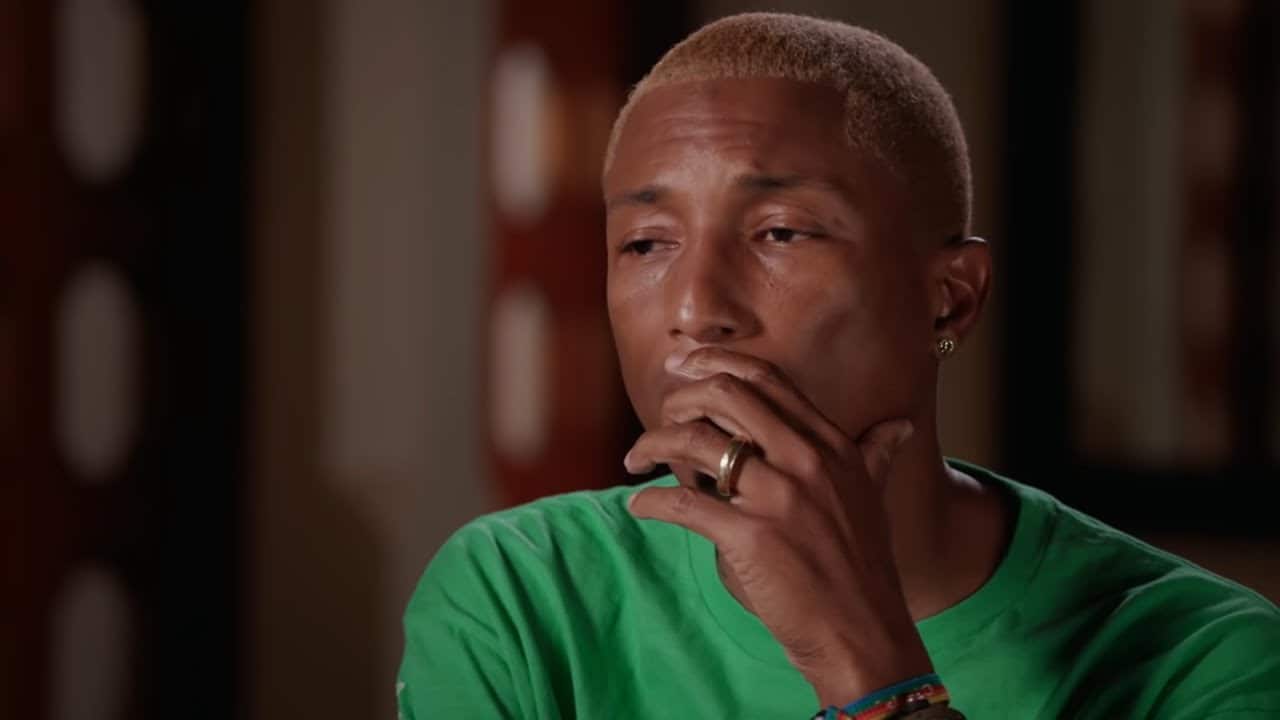Most of us can only imagine what our great-great-grandparents were like.
But what if you could actually read their words? Their real, raw experiences – preserved for nearly a century?
That’s exactly what happened to Pharrell Williams on Finding Your Roots. And his reaction will stay with you.
The moment centered on a single document. A powerful interview with Jane Arrington – Pharrell’s great-great-great aunt – who was born into slavery in 1852.
This wasn’t just any interview. It was part of the Slave Narrative Project from the 1930s, which captured the stories of about 2,300 formerly enslaved people.
The revelation hit Pharrell like a ton of bricks.
Through Jane’s words, he learned about his great-great-grandfather, Fenner Williams. A little boy who spent his first ten years in slavery.
“I don’t want to cry and I’m trying not to be angry,” Pharrell said, his voice thick with emotion.
The details were vivid and crushing.
Jane described their life on a cotton plantation. Log houses with dirt chimneys. Endless days of farm work. And then more cotton to spin at night.
But here’s what makes this story even more powerful.
These weren’t just historical facts in a textbook. These were Pharrell’s own flesh and blood.
His ancestors.
His family.
Their words.
The moment transformed him completely. “I have to say I am forever changed,” he shared, his usual confidence replaced by raw vulnerability.
This wasn’t just about uncovering family history. This was about connecting with the unimaginable strength of those who came before us.
About understanding the depth of human resilience.
About facing hard truths head-on.
These stories matter. They’re not just dusty documents in an archive. They’re living testimonies of survival, strength, and the unbreakable human spirit.
And sometimes, like in Pharrell’s case, they’re waiting to be discovered, ready to change us forever.


